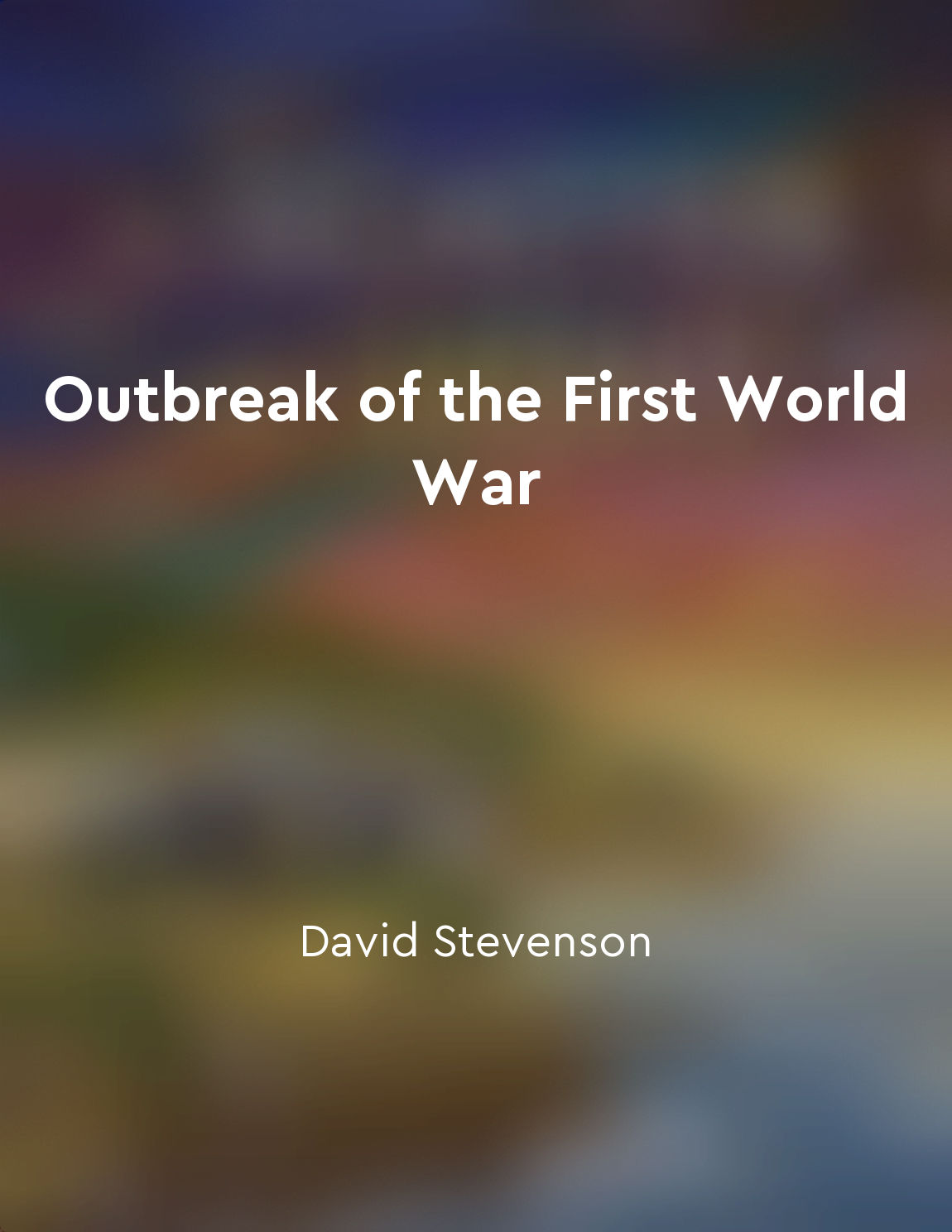Economic factors contributed to the war's prolongation from "summary" of The Pity Of War by Niall Ferguson
The war's prolongation was not solely a result of military decisions or strategic blunders, but also of economic factors that played a crucial role in shaping the course of the conflict. The financial resources of the belligerent nations, their ability to sustain the costs of war, and the impact of economic disruptions on their societies all contributed to the protracted nature of World War I. One of the key economic factors that prolonged the war was the disparity in financial resources between the Allied and Central Powers. The Allies, particularly Britain and France, had greater access to capital markets and were able to finance their war efforts through loans and bond issues. In contrast, the Central Powers, especially Germany, faced severe financial constraints and struggled to meet the escalating costs of the war. This imbalance in economic resources gave the Allies a significant advantage in terms of sustaining their military campaigns over a prolonged period. Moreover, the war's economic impa...Similar Posts

Immigration policies were designed to benefit the ruling class
Throughout American history, the ruling class has maintained its power and privilege through the manipulation of immigration po...

Rising tensions among major powers
The years leading up to the outbreak of the First World War were marked by a palpable sense of tension among the major powers o...
Economic factors contributed to the war's prolongation
The war's prolongation was not solely a result of military decisions or strategic blunders, but also of economic factors that p...
Schlieffen Plan shapes German military strategy
The Schlieffen Plan was a military strategy devised by the German Chief of Staff, Alfred von Schlieffen, in 1905. This plan sou...
Understanding Russia's history is essential to understanding its present
To understand Russia's present, one must delve into its history. The country's past is deeply intertwined with its current stat...
Nationalism fuels public support for war
The idea that nationalism can contribute to a society's readiness to go to war is a central theme in understanding the origins ...
The Russian Revolution changed the course of history
The Russian Revolution of 1917 was a seismic event that sent shockwaves throughout the world. It marked the end of centuries of...

Political and social upheaval
The outbreak of the First World War was not a sudden event but rather the culmination of years of political and social upheaval...

Treaty of Versailles
The Treaty of Versailles, signed on June 28, 1919, was a peace settlement that officially ended World War I. The treaty was a p...
